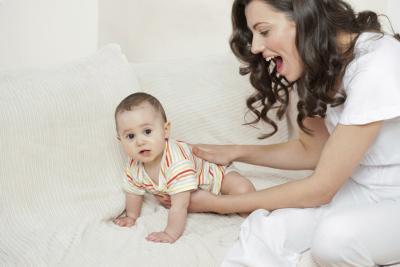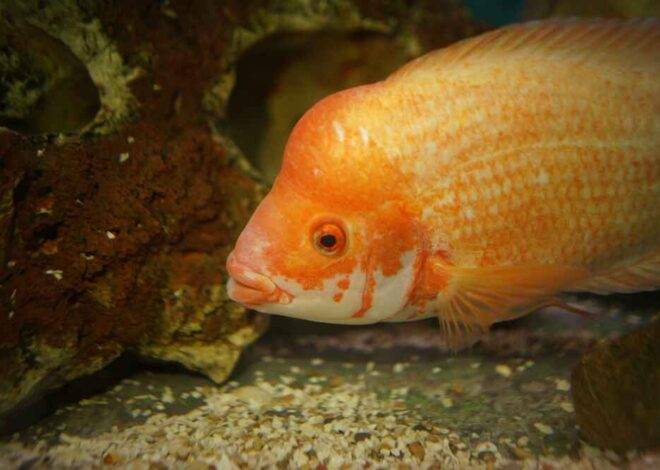It’s shocking and alarming when you stop to think about all the dangers your home contains for an infant. More children die from home accidents each year than from all the childhood diseases combined, reports the University of Pittsburgh Office of Child Development. Being a responsible parent means protecting your infant from all the possible hazards at home. Taking simple precautions can make your home safe for your baby.
Kitchen Safety
The kitchen is a particularly hazardous room for an infant. Never leave your baby unsupervised there. Because you can’t always guarantee your baby won’t get into the kitchen when he starts crawling, put safety latches on all the cabinets. You must never expose your baby to cleaning products or sharp objects. Take all the magnets off your refrigerator. Babies like to put them in their mouths.
Bathroom Safety
Infants can drown in as little as 1 inch of water. Make sure you always drain the water in the bathtub after using it, and never leave your infant unattended in the bathtub. Always put the lid down on the toilet. Keep all electrical appliances unplugged. Latch all the cabinets.
General Safety
Put all breakable objects up high. Move furniture away from any windows so that your baby cannot get near an open window. Put baby gates on the top and bottom of stairs. Cover all electrical outlets. Ties from curtains and blinds must be out of reach. Some houseplants are poisonous, so check with your local poison control center to make sure your plants are OK. Make sure that your baby’s head cannot fit through the crib rails, and never leave fluffy pillows and toys in the crib. The changing table is not a safe place to leave your baby unattended. If you have a swimming pool, make sure you put a 4-foot-tall fence around the entire pool.
Choking
Don’t give a baby any food she can choke on, such as grapes, peanuts, hard candy and popcorn. Keep small objects off the floor and out of reach. Before putting your baby down to play, make sure no small objects, such as coins or safety pins are on the floor. Babies love to put things in their mouths. Don’t let your baby play with balloons that can pop because they can become a choking hazard.
Pets
Certain breeds of dogs are not safe around babies. Large, aggressive dogs could bite your child and cause serious injury. The worst breeds to have around babies, according to the Keep Kids Healthy website, are rottweilers, pit bulls and German shepherds. Babies and small children can get salmonella from turtles, snakes and lizards.





